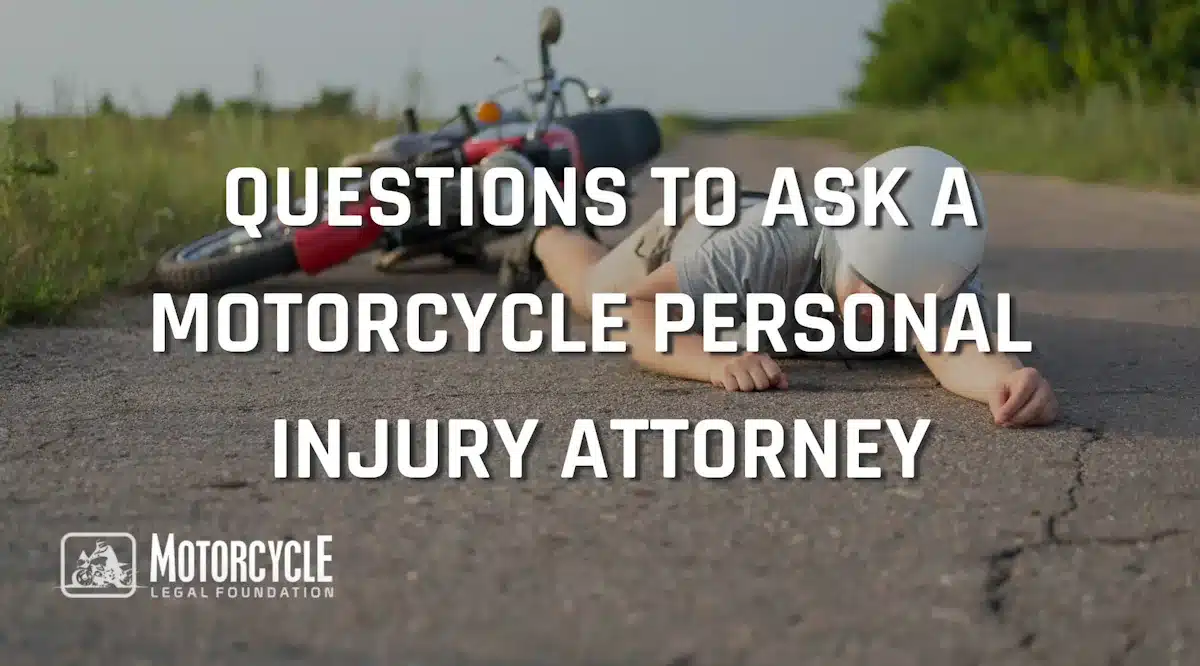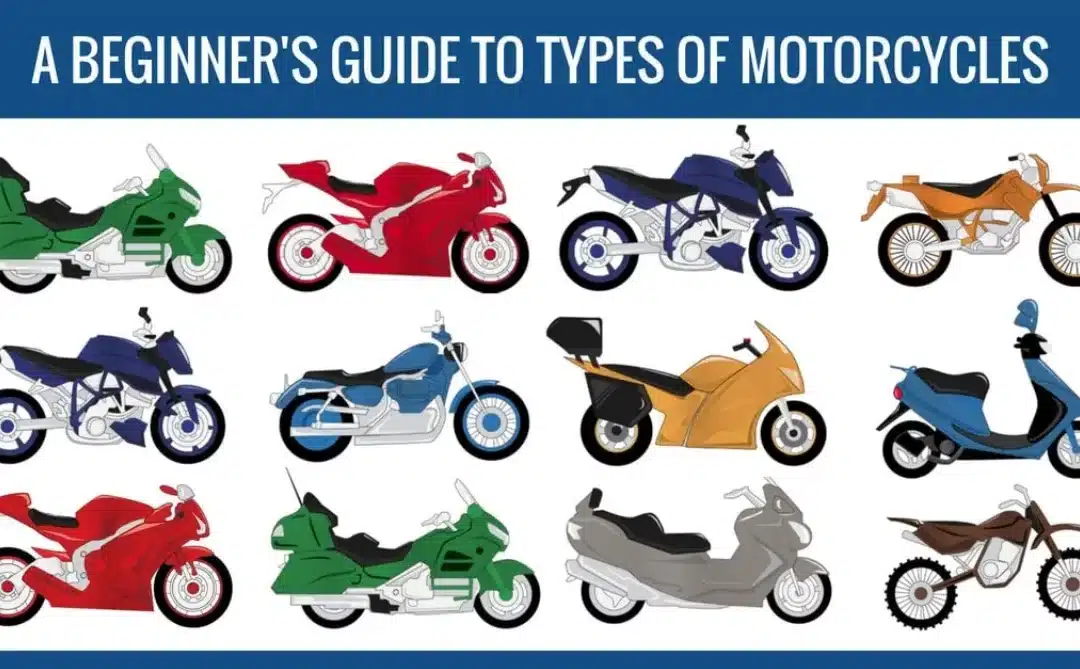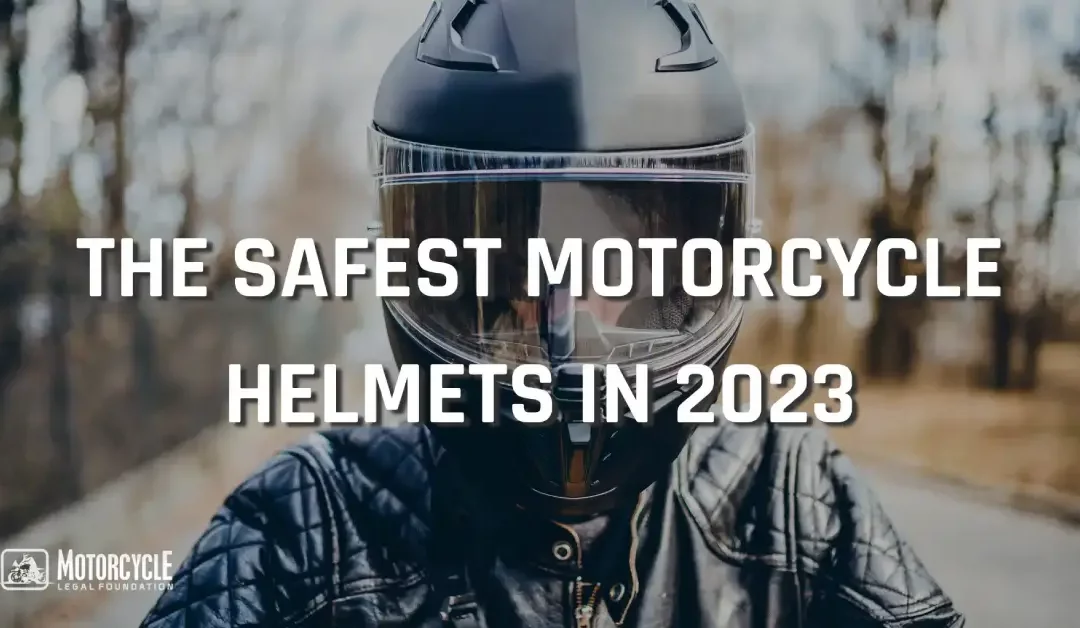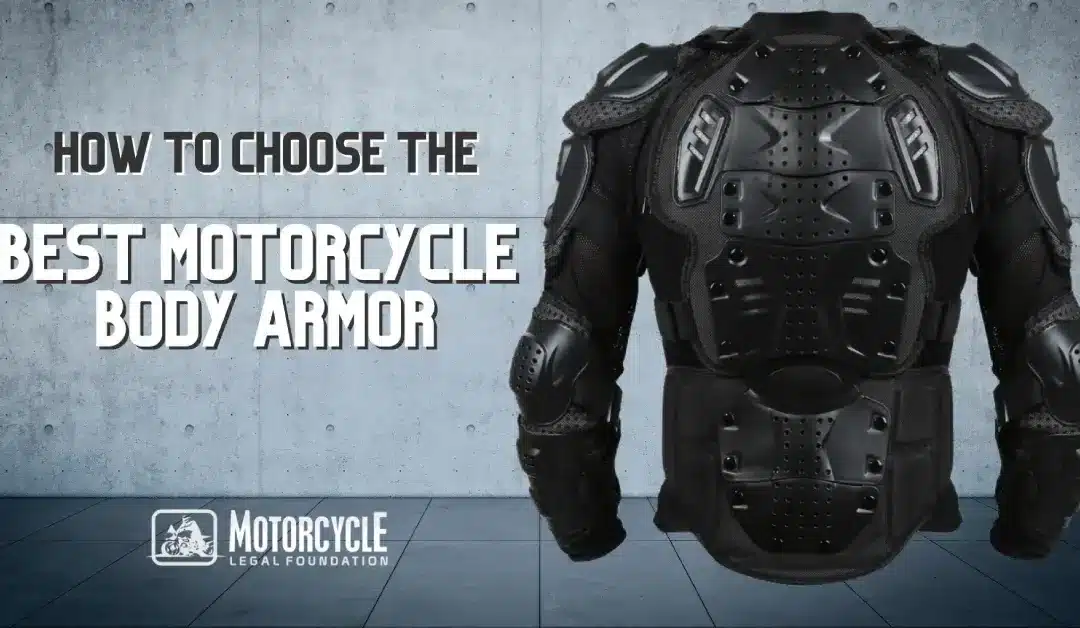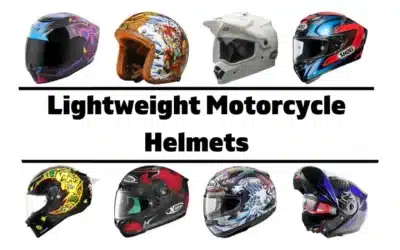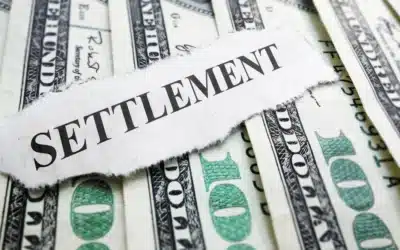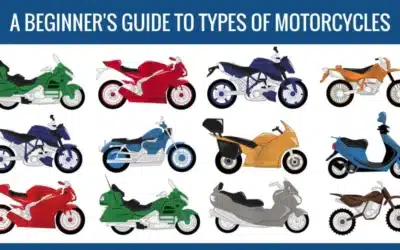Choosing the right attorney can make all the difference in your quest for justice and fair compensation. To ensure you make an informed decision, it’s essential to ask the right questions during your initial consultation. That’s why we’ve compiled a comprehensive list of the top 15 questions to ask a motorcycle personal injury attorney.
In this article, we will explore these key questions, designed to help you evaluate the expertise, experience, and approach of a potential attorney. By asking these inquiries, you can gain valuable insights into their track record, legal strategies, and ability to handle your specific case.
The Best Questions to Ask a Motorcycle accident attorney
1. IS THE LAWYER’S PRACTICE LIMITED TO MOTORCYCLE PERSONAL INJURY?
There is nothing wrong with being a jack-of-all-trades and many of the more than 170,000 attorneys in California handle multiple areas of the law, including motorcycle personal injury with varying degrees of success. However, the ability to investigate and assess the value of a personal injury claim requires the lawyer to have the experience and knowledge that can only be developed through years of actually handling cases similar to yours from intake through trial.
If you have been injured in a motorcycle accident, you want an attorney who knows and understands how motorcycles are ridden and the particular risks confronting riders and their passengers. Retaining the services of a motorcycle personal injury lawyer with experience handling motorcycle accidents means your lawyer knows what to look for when investigating the accident and assessing the strength of your claim.
2. HOW MANY CASES SIMILAR TO YOURS HAS THE ATTORNEY SUCCESSFULLY TAKEN TO TRIAL?
The vast majority of personal injury claims are settled before they go to trial. In fact, a study by the federal government found that only 3 percent of civil cases arising from motor vehicle accidents ever went to trial. Some attorneys and law firms prefer to settle cases as quickly as possible to avoid the time and expense needed to properly prepare a case for trial.
A settlement can be good for the accident victim, but not when the lawyer’s reputation for settling cases and avoiding trials causes insurance company claims adjusters to offer less than the case is actually worth. Motorcycle personal injury lawyers with considerable trial experience can reject low settlement offers and hold out for more because insurance adjusters know the lawyer is capable of taking the case to trial.
3. WHAT IS THE LAWYER’S RECORD OF VERDICTS AND SETTLEMENTS IN MOTORCYCLE PERSONAL INJURY CLAIMS?
Past verdicts and settlements are not a guarantee of future outcomes in similar cases, but they do provide you with an indication of the motorcycle personal injury lawyers negotiating abilities and willingness to pursue a trial when necessary. When asking about prior verdicts and settlements, make certain to ask for the dates associated with them. Some attorneys will be more than willing to share their courtroom triumphs with a prospective client, but you want the information to show you the lawyer remains active in the courtroom as well as in pre-trial negotiations.
4. WHAT LEGAL ORGANIZATIONS DOES THE LAWYER BELONG TO THAT ARE RELATED TO PERSONAL INJURY?
Active membership bar associations or trial lawyer organizations help attorneys remain in their particular area of the law. A personal injury lawyer active in his or her state bar association or national associations devoted to trial advocacy and personal injury law is a good sign that the attorney is making the effort to remain up-to-date on the most effective trial strategies, laws, and techniques for resolving accidents victim claims.
5. WHO WILL HANDLE YOUR CASE?
You might assume the lawyer you speak with during the initial consultation will be handling your case, but you could be wrong. Some law firms routinely assign associates and paralegals to handle various aspects of a motorcycle personal injury case. It is not uncommon for the preparation of the documents necessary to start your lawsuit to be assigned to a paralegal, which is fine as long as you know the attorney you thought was going to handle your case retains ultimate responsibility for it.
6. WHAT IS THE ATTORNEY’S CURRENT CASELOAD?
If the office has files scattered about and the lawyer is interrupted by calls or staff members interrupting with questions about pending cases, the person might be too busy to give your claim the attention it needs and deserves. Ask the lawyer how long it will be before work will begin on your case. Unless work will begin immediately, the attorney might be too busy to handle your claim.
7. WHAT IS EXPECTED OF YOU?
Some clients expect their attorney to handle everything with as little input from them as possible while others want to actively participate. discuss your preference with the lawyer during the initial interview to make certain you are both in agreement.
8. WILL THE LAWYER ALLOW YOU TO SPEAK WITH A PAST CLIENT WITH A CLAIM SIMILAR TO YOUR OWN?
A lawyer’s website might contain testimonials from current or past clients, but these should not be a substitute for speaking with the client to ask questions. of course, the lawyer is not going to give you the name of a disgruntled client, but someone who went through a case similar to yours can tell you about the lawyer’s responsiveness to questions, the ease of communicating with the firm’s support staff, and the ability of the attorney to keep the client informed during all stages of the case.
9. HOW MUCH IS THE CASE WORTH?
Evaluating the value of your claim is where the experience of the motorcycle personal injury lawyer really comes into play. Through a review of the facts of the case and the injuries you suffered, the attorney should be in a position to give you an estimate of its value based upon similar cases he or she has handled in the past.
10. WHAT FEES WILL THE ATTORNEY CHARGE?
Most motorcycle personal injury claims are usually handled under a contingency fee arrangement between you and your lawyer. The written retainer agreement states that the lawyer is agreeing to represent you for an agreed-upon percentage of the amount recovered for you through settlement or verdict. The percentage is negotiable between the client and the lawyer, but the average is usually 33 percent of the recovery.
It is essential for you to take the time to read and make certain you understand the fee agreement before signing it. The law permits the lawyer to include in the agreement that disbursements and costs advanced by the lawyer to pursue them can be recovered regardless of the outcome of the case. In other words, you could lose and still be liable to your lawyer for disbursements for court fees, the cost of depositions, and fees paid to medical and other experts testifying at trial in support of your claim.
Want to Feel Safe on the Road?
It's not just a motorcycle, it's your passion. Protect it with insurance
11. DOES THE LAWYER HAVE THE FINANCIAL RESOURCES TO PROPERLY HANDLE THE CASE?
The out-of-pocket costs associated with a motorcycle personal injury lawsuit are fronted by your attorney. It is fair and appropriate to ask the lawyer you are interviewing if he or she has the financial resources required to see your case through to a verdict after trial. According to studies reported in the “DePaul Law Review,” the expenses could be as high as 5 percent of the gross recovery ultimately obtained on behave of the accident victim. Unless the attorney you choose to represent you has the resources to advance the expenses, the fight your lawyer can wage on your behalf will be restricted and could affect the amount of your compensation.
12. Can you provide an assessment of the likelihood that my case will be settled by the insurance company?
Insurance companies often make initial low-ball settlement offers, hoping that the injured party will accept the money without fully accounting for all their damages. It’s crucial to avoid falling into this trap. While experienced personal injury attorneys cannot offer a definitive answer, they can provide valuable insights into the negotiation process with insurance companies and offer an understanding of how it typically unfolds.
13. What is the estimated timeline for resolving my case?
The most accurate response to this question is, “It varies.” The duration of the case relies on several factors, including the complexity of the matter, the court’s schedule, and the willingness of the opposing party to reach a settlement.
14. Can I get in touch with a previous client for a reference?
Feel free to inquire about references from past clients when consulting with a potential personal injury lawyer. Ideally, the attorney should be able to provide you with contact information for at least one contented former client. It is crucial not to solely rely on website content or promotional materials, as these materials may have undergone substantial editing.
15. What kind of case tactics will you use to reach a successful verdict?
Asking about the attorney’s case tactics is important because it helps you understand their approach and strategy in handling your case. It allows you to assess their alignment with your goals, evaluate their expertise, ensure proactive planning, and gauge their adaptability. This question plays a crucial role in establishing transparency, trust, and determining if the attorney is the right fit for your needs.
Conclusion
Choosing the right motorcycle personal injury attorney is a critical decision that can significantly impact the outcome of your case. By asking the right questions during your initial consultation, you can gather crucial information to help you make an informed decision. In this article, we have explored a comprehensive list of essential questions to ask a motorcycle personal injury attorney.
These questions cover important aspects such as fees and costs, case evaluation, experience, communication, trial readiness, case tactics, and more. Through these inquiries, you can gain insights into an attorney’s qualifications, track record, and approach, enabling you to select the right legal representation that aligns with your needs and maximizes your chances of obtaining fair compensation.
Remember, the information provided during the consultation and the answers to your questions will help you assess the attorney’s expertise, communication style, and overall suitability for your case. It is crucial to choose an attorney who has experience with motorcycle personal injury cases, demonstrates strong negotiation skills, and is prepared to take your case to trial if necessary.
Have You Been Involved In A Motorcycle Accident?
Our professional legal team screens submissions and assigns cases to some of the best motorcycle lawyers in the US.

